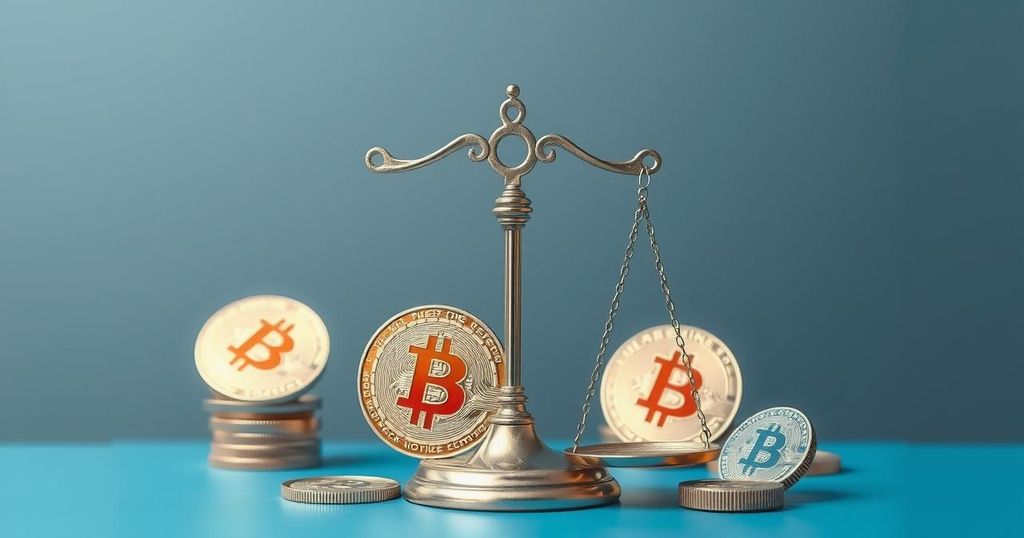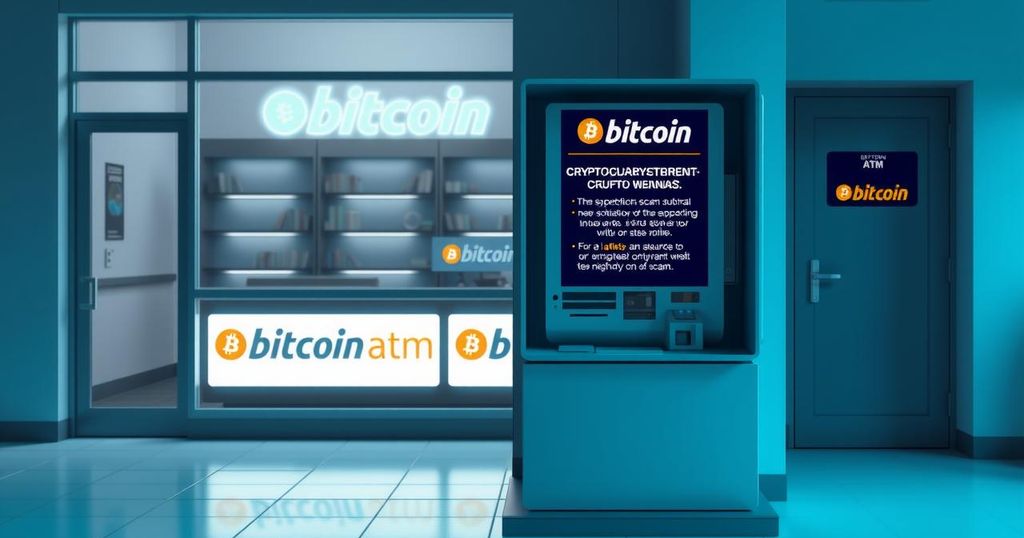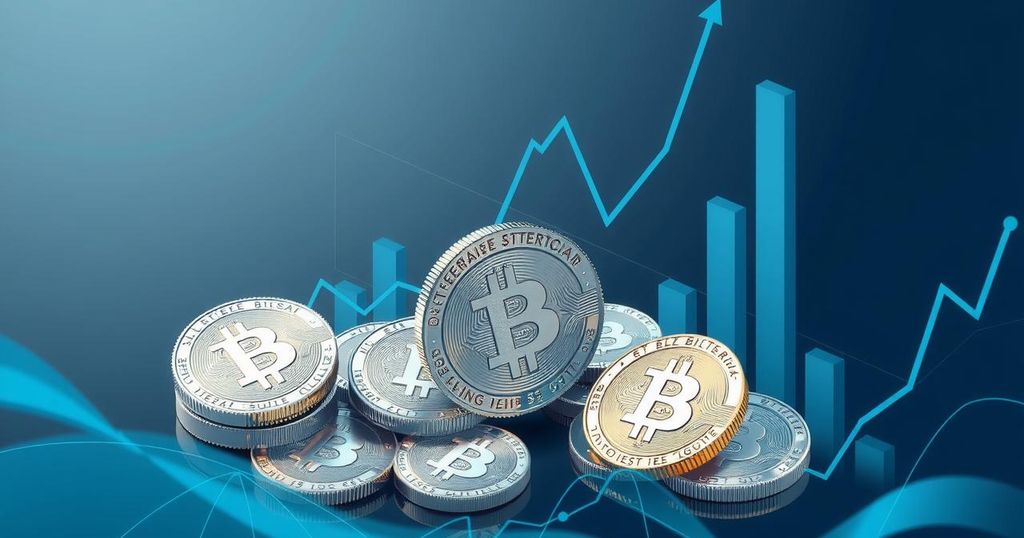Supreme Court Links Bitcoin Trading to Hawala, Presses for Regulation Clarity
The Supreme Court of India compared Bitcoin trading to an advanced form of Hawala, voicing frustration over the government’s failure to establish clear cryptocurrency regulations. This remark was made during a hearing concerning Shailesh Babulal Bhatt’s bail plea, arrested for illegal Bitcoin trading. The court highlighted the absence of any legal framework for cryptocurrencies, while Bhatt’s lawyer argued for his client’s case based on the Supreme Court’s previous ruling against the RBI’s circular that banned Bitcoin trading. The matter will be revisited on May 19, following a request from the state and ED for more time to respond.
The Supreme Court of India has made quite a stir lately, likening Bitcoin trading to a, let’s say, “refined form of Hawala business.” This eyebrow-raising comparison comes amid the court’s frustration over the government’s failure to establish a clear regulatory framework for cryptocurrencies. Justices Surya Kant and N. Kotiswar Singh expressed these concerns during a hearing related to bail for Shailesh Babulal Bhatt, who is embroiled in an alleged illegal Bitcoin trading case.
While discussing the matter, the court pointed out that it had asked the Central government to display their stance on cryptocurrency regulations over two years ago. Astonishingly, it seems there’s been little to no substantial response submitted. Justice Surya Kant explicitly stated that there are currently no regulations governing Bitcoin trades, emphasising the lack of a solid policy mechanism in place to manage such financial activities.
Mukul Rohatgi, the senior advocate representing Bhatt, argued strongly that Bitcoin trading is not illegal in India, especially considering the Supreme Court’s previous ruling scrapping a Reserve Bank of India (RBI) circular that banned these transactions. Rohatgi insisted that Bhatt was wrongly arrested, highlighting the significant worth of Bitcoin, which he said is about ₹82 lakh at the moment. It’s quite a hefty amount, no doubt.
Justice Surya Kant admitted to not having a deep understanding of Bitcoin, saying, “All I know is there are some genuine and some fake ones.” He restated that the way Bitcoin trading is conducted in India mimics that of a refined Hawala business, reinforcing his bewilderment over the absence of regulations.
On the other side of the courtroom, Additional Solicitor General Aishwarya Bhati, who represented both the Gujarat government and the Enforcement Directorate (ED), asked for more time to prepare a comprehensive response. She made it clear that this case encompasses broader issues than just Bitcoin trading.
The bench was amenable and granted a 10-day window for the state and the ED to compile their responses, scheduling further proceedings for May 19. As for Bhatt, he’s been preoccupied with legal issues since his arrest on August 14 of last year and has remained in custody since. After the Gujarat High Court refused him bail on February 25, 2024, Bhatt brought his case to the apex court.
Interestingly, this whole crypto debate isn’t new. The Supreme Court had previously asked the Union government to clarify the legality of cryptocurrency trading back on February 25, 2022. To add to the intrigue, in January 2024, the Centre told the court that it was still in discussions about creating a regulatory framework and addressing crypto-related offences. So, it seems the saga continues!




Post Comment